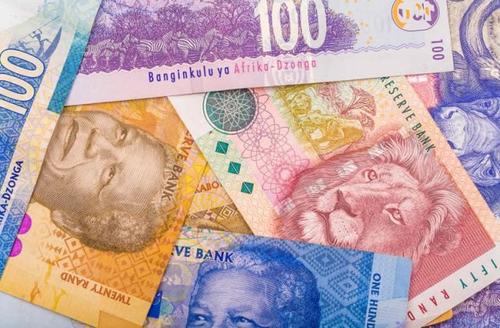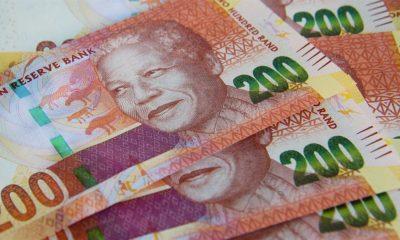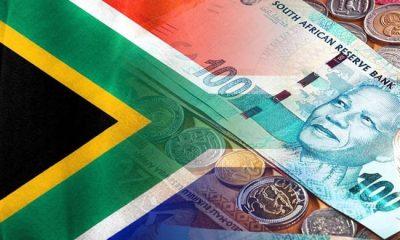Business
Rand Weakens to 8-Month Low as Fed Rate Pause Speculation Mounts

The South African rand dropped to an eight-month low on Friday following the release of U.S. non-farm payroll data, which reinforced market expectations that the Federal Reserve will pause its rate-cutting cycle later this month.
Current Exchange Rates
As of Monday, 13 January 2025, the rand was trading at:
- R19.11 to the U.S. dollar
- R23.36 to the British pound
- R19.61 to the euro
Global Oil Prices
Meanwhile, Brent crude oil prices remain steady at $81.06 per barrel, reflecting ongoing stability in global energy markets.
Factors Impacting the Rand
The rand’s decline is attributed to renewed strength in the U.S. dollar, supported by robust labor market data. The U.S. non-farm payrolls exceeded expectations, prompting speculation that the Federal Reserve may pause its rate-cutting cycle to prevent overheating in the economy.
Why This Matters
- For South Africa: A weaker rand increases the cost of imports, particularly fuel, which could affect inflation levels.
- For Investors: Currency fluctuations create opportunities and risks in forex markets, influencing investment decisions.
Oil Prices Remain Steady
While the rand weakened, oil prices showed resilience, trading at $81.06 per barrel. Stable oil prices offer some relief to South African consumers, as fluctuations directly impact fuel costs and transportation expenses.
Outlook for the Rand
Market analysts predict continued volatility for the rand as global investors await further clarity on the Federal Reserve’s monetary policy decisions later this month.
Local economic factors, including South Africa’s ongoing reforms and global economic trends, will also influence the currency’s performance in the coming weeks.
Follow Joburg ETC on Facebook, Twitter , TikTok and Instagram
For more News in Johannesburg, visit joburgetc.com



























